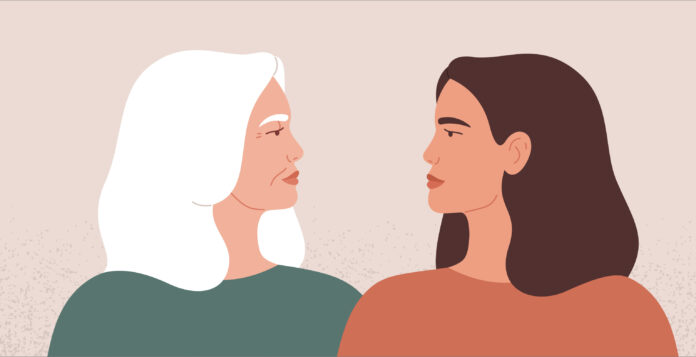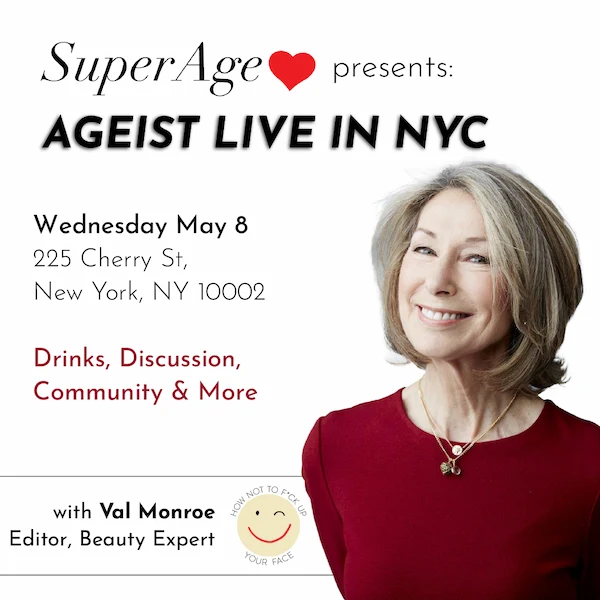We spoke with Dr Morgan Levine 2 years ago concerning the remarkable results that she and a team that included Dr David Sinclair had in restoring vision in mice. In that experiment, published in the journal Nature, older mice had tighter optic nerves crushed causing blindness. Then, using a combination of 3 of the 4 Yamanaka cellular programing factors, they were able to restore the mice’s vision by signally the underlying DNA, rebuilding what had been thought to be permanently damaged cells. This was a remarkable result, as it was restoring a damaged organ, essentially a part of the brain, to its original healthy state. When I spoke to Dr Levine about the next step in her research, she mentioned it may be a more complex organ, such as a mouse liver.
But they went further. In the January issue of Cell, Sinclair published results of their ability to age an entire mouse. That is, to signal the epigenome to cause the underlying mouse DNA to behave as if it were much older. They were also able to do the reverse: to take an older mouse and, by signaling the epigenome, bring its cells and organs to the state of a younger mouse. This is a truly remarkable achievement, and it seems to prove Sinclair’s theory that all of our cells have within them a pristine copy of their DNA, and that aging and the disease associated with aging are the result of miscues from the epigenome. If these miscues can be corrected then the cell can be restored, not to a blank stem cell but to its original condition.
Is aging just a series of miscues that can be corrected?
This is what can be called Information Theory of Aging. “Underlying aging is information that is lost in cells, not just the accumulation of damage,” says Sinclair. “That’s a paradigm shift in how to think about aging.” This is calling into question what it means to age. Is it just a series of miscues that can be corrected? Is a person with an age-related disease a person whose system needs to be rebooted, similar to how a software reboot will restore the functionality of a computer’s hardware?
There are, of course, significant challenges before that can be even attempted on humans. But going down that path, Sinclair and associates are now working with primates. Should this progress further, we will be looking at the advancement of the medicine of repair to the medicine of restoration. This will, of course, open up philosophical debates around what it means to age, and the desirability of being able to reboot age at will.
“It’s a new way to think about medicine”
“We think of the processes behind aging, and diseases related to aging, as irreversible,” says Sinclair. “In the case of the eye, there is the misconception that you need to regrow new nerves. But in some cases the existing cells are just not functioning, so if you reboot them, they are fine. It’s a new way to think about medicine.”
In terms of near term human applicability, diseases of the eye are most likely the first targets since gene therapy can be injected directly into the eye. Additionally, this opens up new avenues of age research. For instance, in the lab, human tissue in a dish could be signaled to age forward or backward, allowing scientists the opportunity to study the effects of various treatments on aging. Studying aging in humans is profoundly difficult, as we live a very long time, and the aging process is impacted by an endless amount of behavioral and environmental processes.
As a regular person, how should this new science affect what we are doing? As our friend Dr Mike Roizen of the Cleveland Clinic has told us many times, this is the moment to focus on taking care of our bodies because we want to be healthy enough to take advantage of these new technologies when they are finally ready. For most of us, our fear is not age itself, it is not being healthy while we age.



